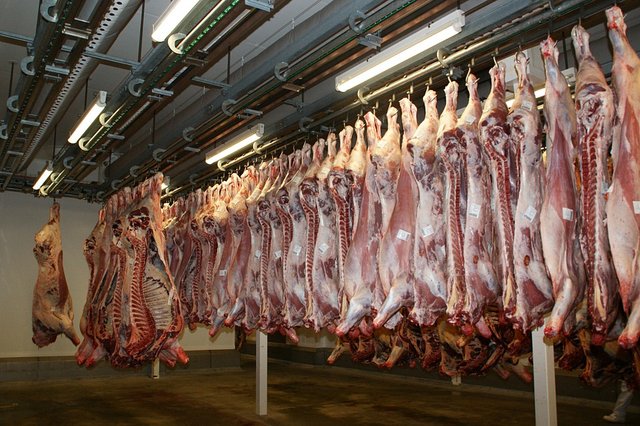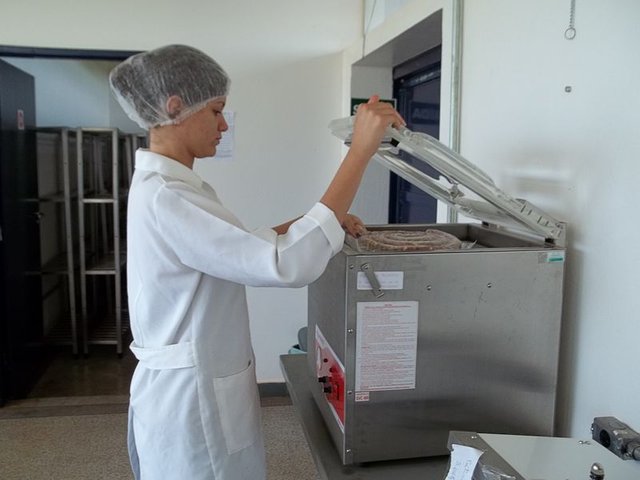In vitro meat culture will avoid animal slaughtering

Meat consumption has historically been an indispensable practice in the human diet, mainly meat from cattle, pigs, buffaloes, goats, sheep, poultry and fish, since these types of meat guarantee the necessary proteins that our metabolism needs for its energy expenditure.
Now, the types of meat that we consume come from the slaughter of the animals already mentioned in the previous paragraph, an activity that is carried out by the meat industry, through slaughter procedures that have the endorsement of health organizations and the consent of international, national and regional governments in the search for protein for their inhabitants.

Fig. 2 The meats we consume come from the slaughter of animals and provide us with proteins for our metabolism. Image of public domain, Author: Photosforyou, 2017
However, with the accelerated advance of science, the modern food industry has been developing alternative methods for the production of meat, among these is the cultivation of meat in vitro, which consists of producing synthetic meat in sophisticated laboratories in order to avoid the slaughter of animals, but the truth is that this form of production seeks to obtain profit margins higher than the conventional income left by the current market.
In this regard, it is important to point out that there are currently countries where meat that has been grown in laboratories is already being sold. In this regard, Singapore was the first country in the world to approve the sale of chicken meat produced through cell culture to avoid the slaughter of animals.

Fig. 3 Synthetic meat is now being produced in sophisticated laboratories. Image of public domain, Author: Josee Vytor, 2010
Although there are still no regulations on the production or cultivation of in vitro meat, it is necessary to consider that, although the slaughter of animals will be avoided, the effects on our health of consuming synthetic meats should be evaluated.
BIBLIOGRAPHICAL REFERENCES CONSULTED:
[1] Bhat Z., Kumar S., and Fayaz H In vitro meat production: Challenges and benefits over conventional meat production. Journal of Integrative Agriculture. 2015: 14; 2. Article: Online access
[2] Mustafa M., Hadi J., Iiizam E., and Sani A Animal Killing and Postdomestic Meat Production. Journal of Agricultural and Environmental Ethics. 2017; 30: 1; 67 - 86. Article: Online access
OBSERVATION
